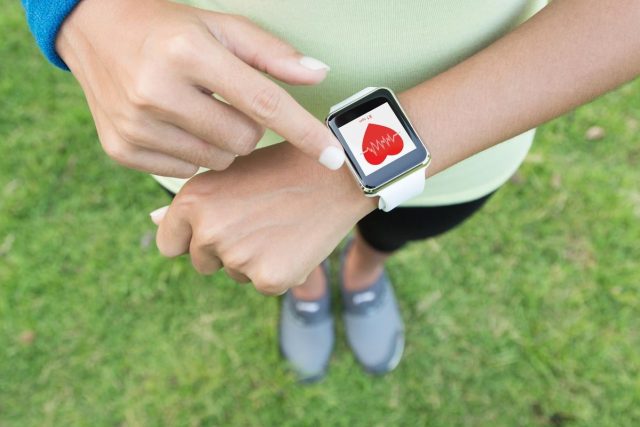Boosting exercise 20 to 27 minutes lowers systolic and 10 to 15 minutes lowers diastolic blood pressure
By Lori Solomon HealthDay Reporter
WEDNESDAY, Nov. 13, 2024 (HealthDay News) — Small additional amounts of exercise each day are associated with lower blood pressure (BP) in a free-living setting, according to a study published online Nov. 6 in Circulation.
Joanna M. Blodgett, Ph.D., from University College London, and colleagues investigated associations between a 24-hour behavior composition composed of six parts (sleeping, sedentary behavior, standing, slow walking, fast walking, and combined exercise-like activity [e.g., running and cycling]) and systolic BP (SBP) and diastolic BP (DBP). The analysis included data from 14,761 participants in six cohorts of the Prospective Physical Activity, Sitting and Sleep consortium.
The researchers found that the average 24-hour composition consisted of sleeping (7.13 hours), sedentary behavior (10.7 hours), standing (3.2 hours), slow walking (1.6 hours), fast walking (1.1 hours), and exercise-like activity (16.0 minutes). Compared with other behaviors, more time spent exercising or sleeping was associated with lower BP. There were estimated reductions of –0.68 mm Hg SBP and –0.54 mm Hg DBP with an additional five minutes of exercise-like activity. Reallocating 20 to 27 minutes and 10 to 15 minutes of time in other behaviors into additional exercise was associated with clinically meaningful improvements in SBP and DBP, respectively. More time spent being sedentary was adversely associated with SBP and DBP, but there was minimal impact of standing or walking.
“If you want to change your blood pressure, putting more demand on the cardiovascular system through exercise will have the greatest effect,” Blodgett said in a statement.
One author holds equity in a company for products and services related to the study.
Copyright © 2024 HealthDay. All rights reserved.



















